Round plastic tips are made to fit over the ends of small tubes and pipes to keep out dirt or keep liquids in. Companies mass produce plastic tips in standard sizes, and some will engineer custom tips for another company that requires them for a new product. Read More…
Precision Dip Coating provides dip coating services for the manufacture of soft plastic parts such as cap plugs. hand grips, and more. Decorative and protective, our services are very cost effective and we have a proven track record for on time delivery and precise manufacturing. We can match any color you need, and offer services such as assembly, die cutting, packaging, and decorating.
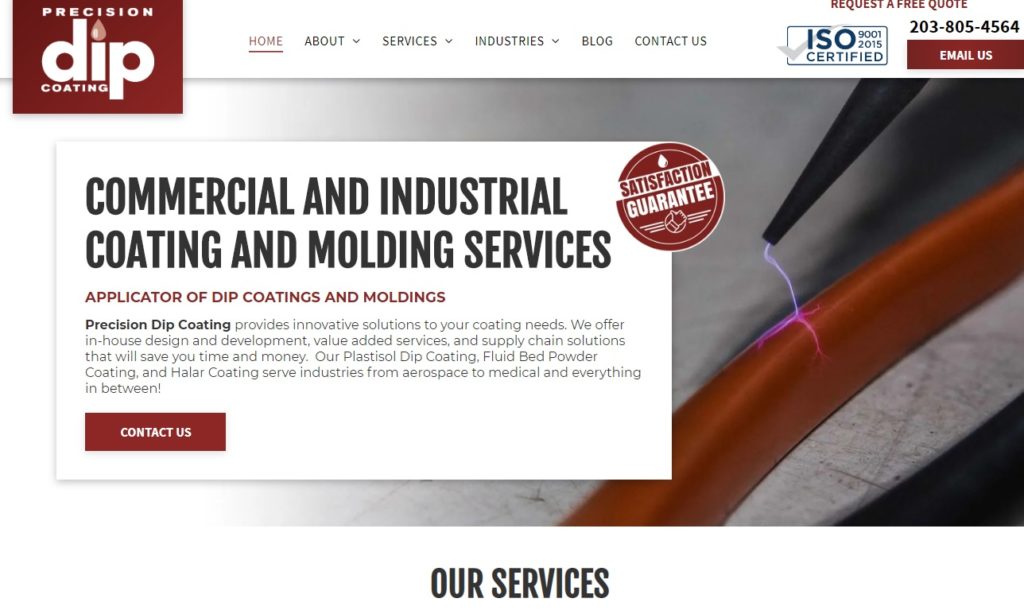
Carlisle Plastics is a dip molding plastics manufacturer offering end caps, plastisol paint masks, thread protectors, tube closures, protective caps and decorative caps.
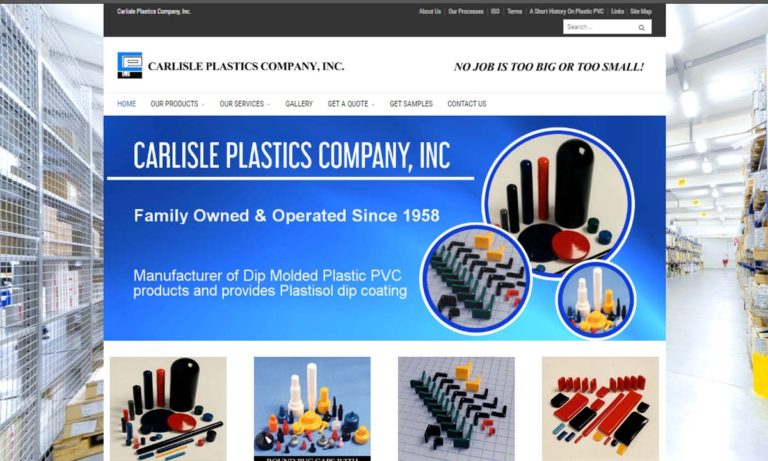
At Production Sciences, Inc., we pride ourselves on being pioneers in the realm of dip-molded plastics, sculpting a legacy of innovation and excellence that spans decades. As a collective force, we embody a commitment to precision, creativity, and unwavering quality in the realm of plastic manufacturing.
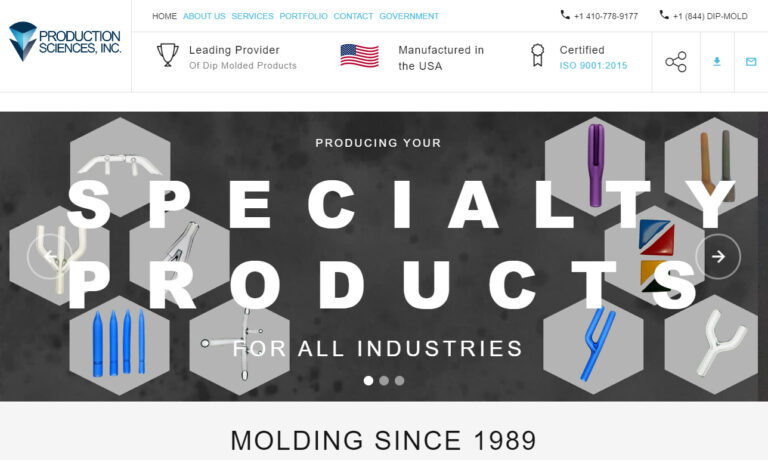
Innovative Coatings is a manufacturer of plastisol dip molding and fluidized bed powder coatings of epoxy, polyolefins, nylon and vinyl. Our dip coatings are of FDA-approved and biomedical grades.
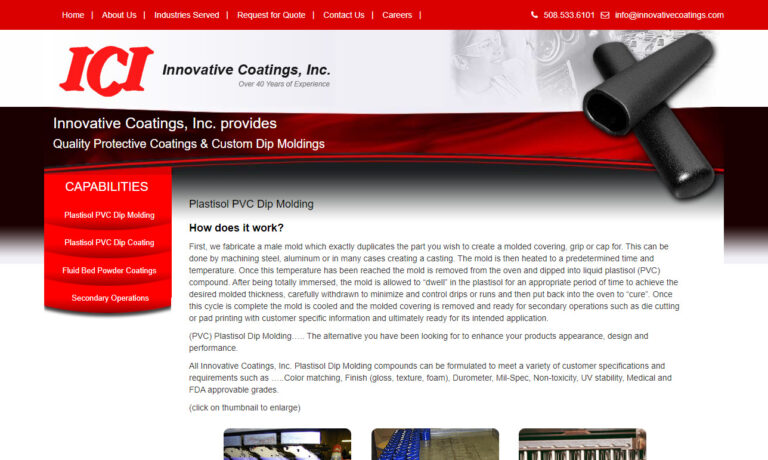
More Plastic Tips Companies
Some tips are threaded and screw on to the outside of a pipe or tube to cover the end, while other tips are more like a plastic plug that fits snugly into the end of the tube to protect the inside. Plastic tips are usually manufactured using one of the following methods: plastic dip molding, plastic injection molding, or plastic tube extrusion. In the plastic dip molding process a heated mandrel is dipped into a pool of liquefied plastic where some of the plastic adheres to the mandrel. The mandrel is then removed and heated again to allow the plastic to fuse.
The plastic is then allowed to cool, and it is removed from the mandrel, leaving the final product. By varying mandrel temperature, dip time, and dip speed, a variety of different material properties can be achieved. With plastic injection molding, a liquefied plastic material is, instead, injected into a mold that forms the exact shape of the plastic tip. Once the material cools, it can be removed from the mold. Any excess plastic is usually trimmed off before the process is finished.
When tips are created using plastic tube extrusion, the material is heated, and it is stretched over an object that holds it in place and then pressed into the correct shape. Less heat is required when this method is used, and it can be much faster than plastic injection molding if the process is properly optimized. Plastic tips can be dyed during the manufacturing process if they need to match the color of the product that they are being created for.Plumbers often use small plastic tips to seal off pipe lines or to create an access point for future maintenance. Some tips are created to be used as a re-sealable cover for liquid products that can be poured or squirted from a container. Larger plastic tips are manufactured to sit snugly over chair legs to protect floors from being scratched by sliding furniture.

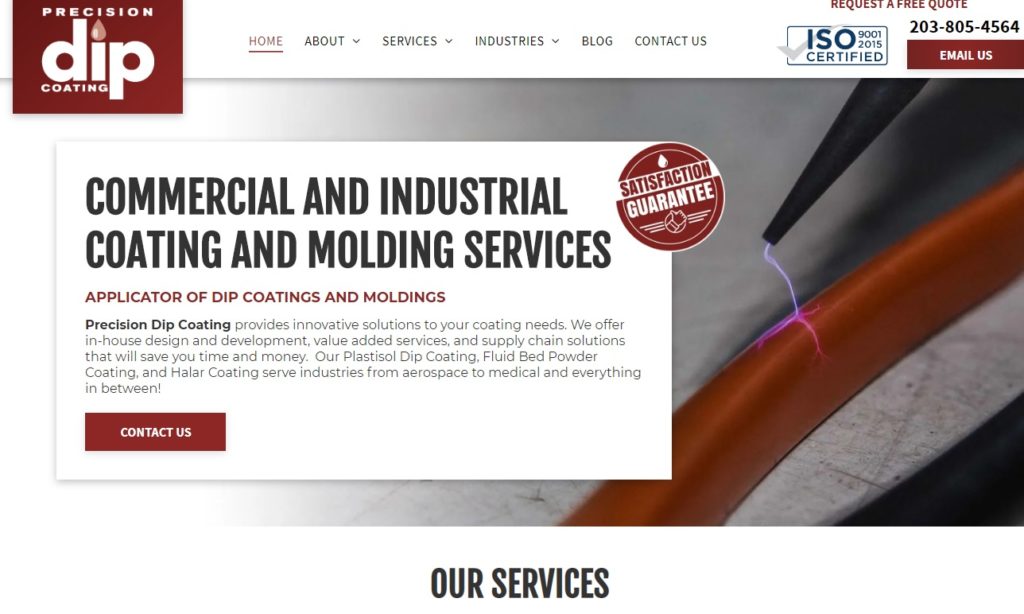



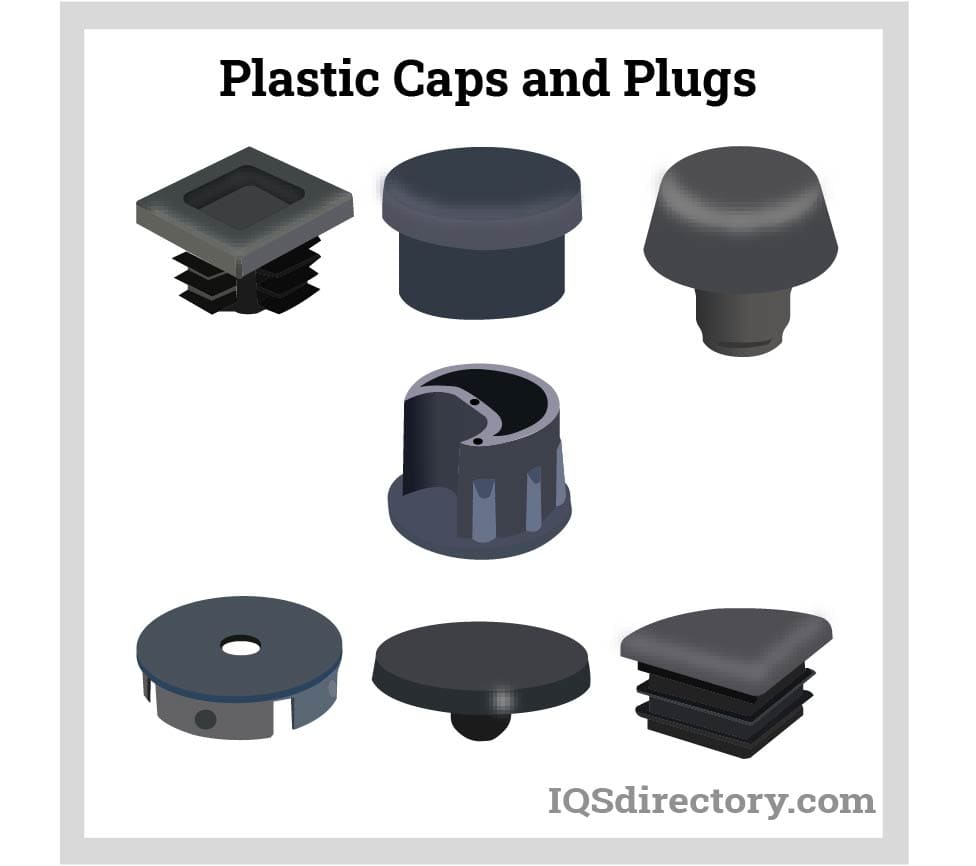
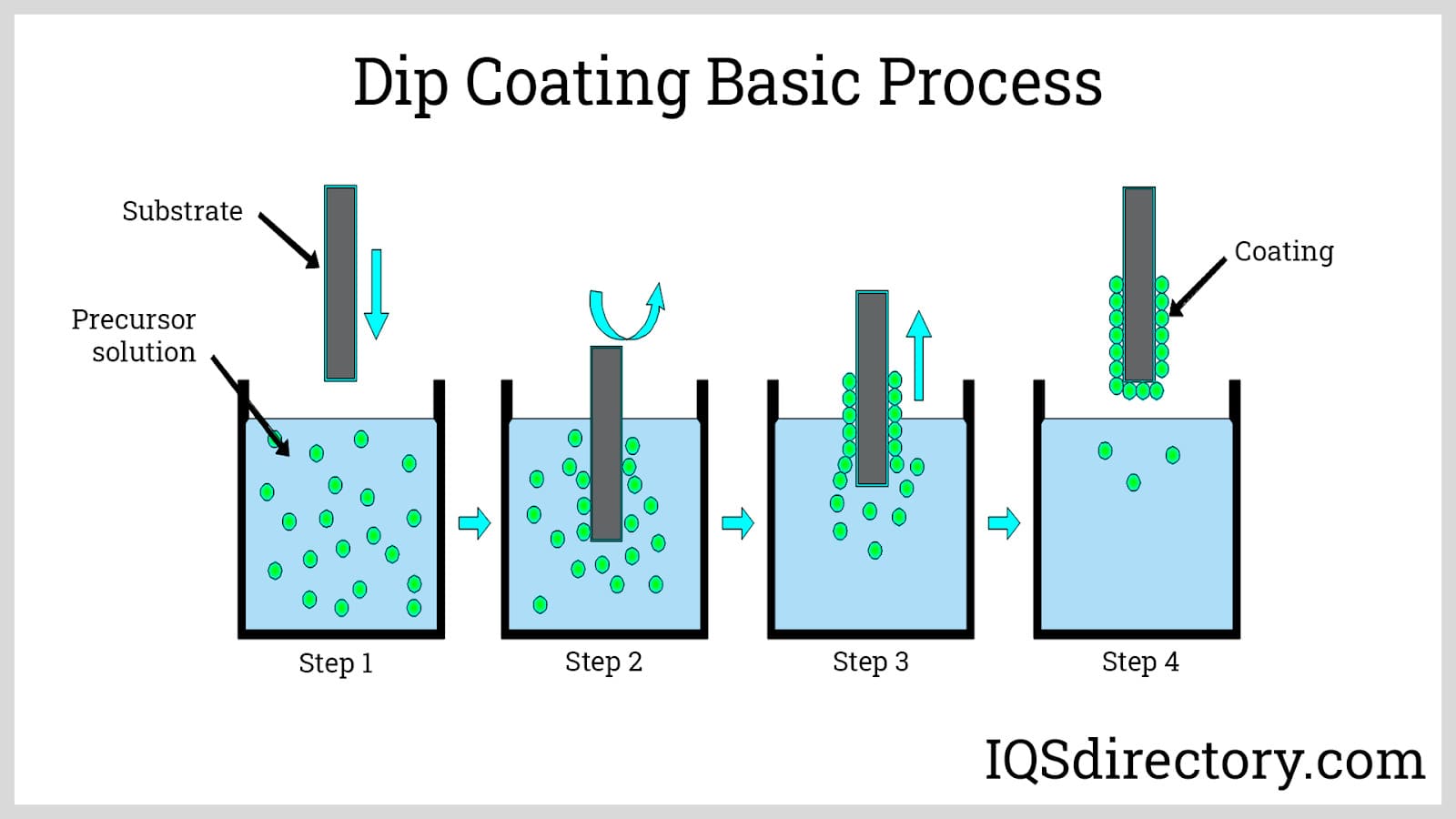
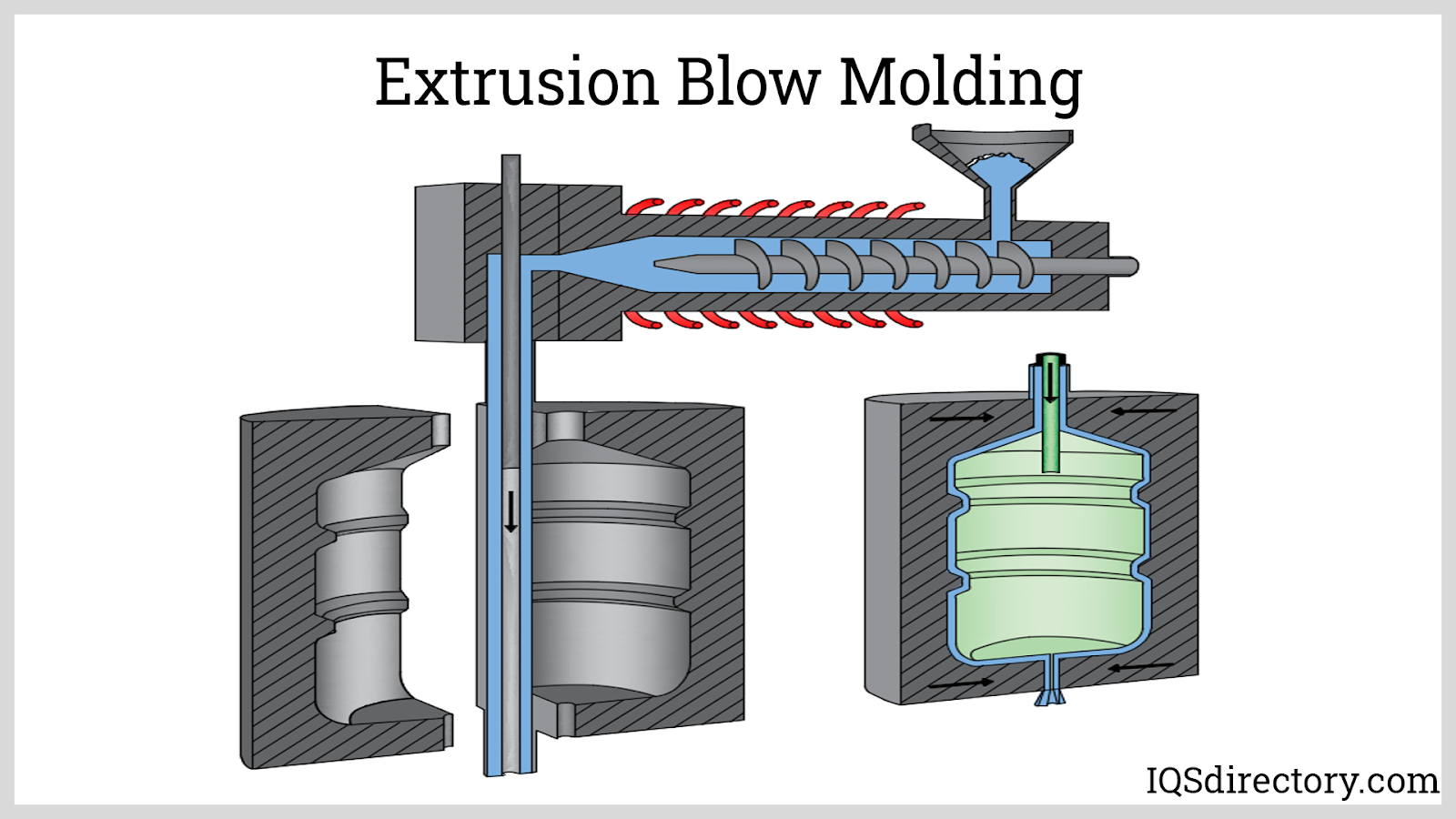


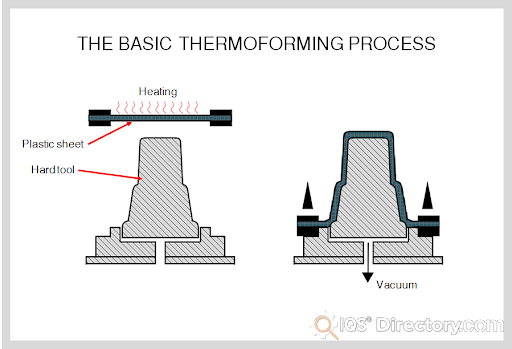
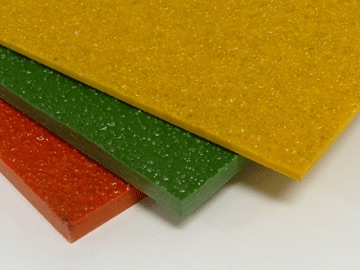 Fiberglass Fabricators
Fiberglass Fabricators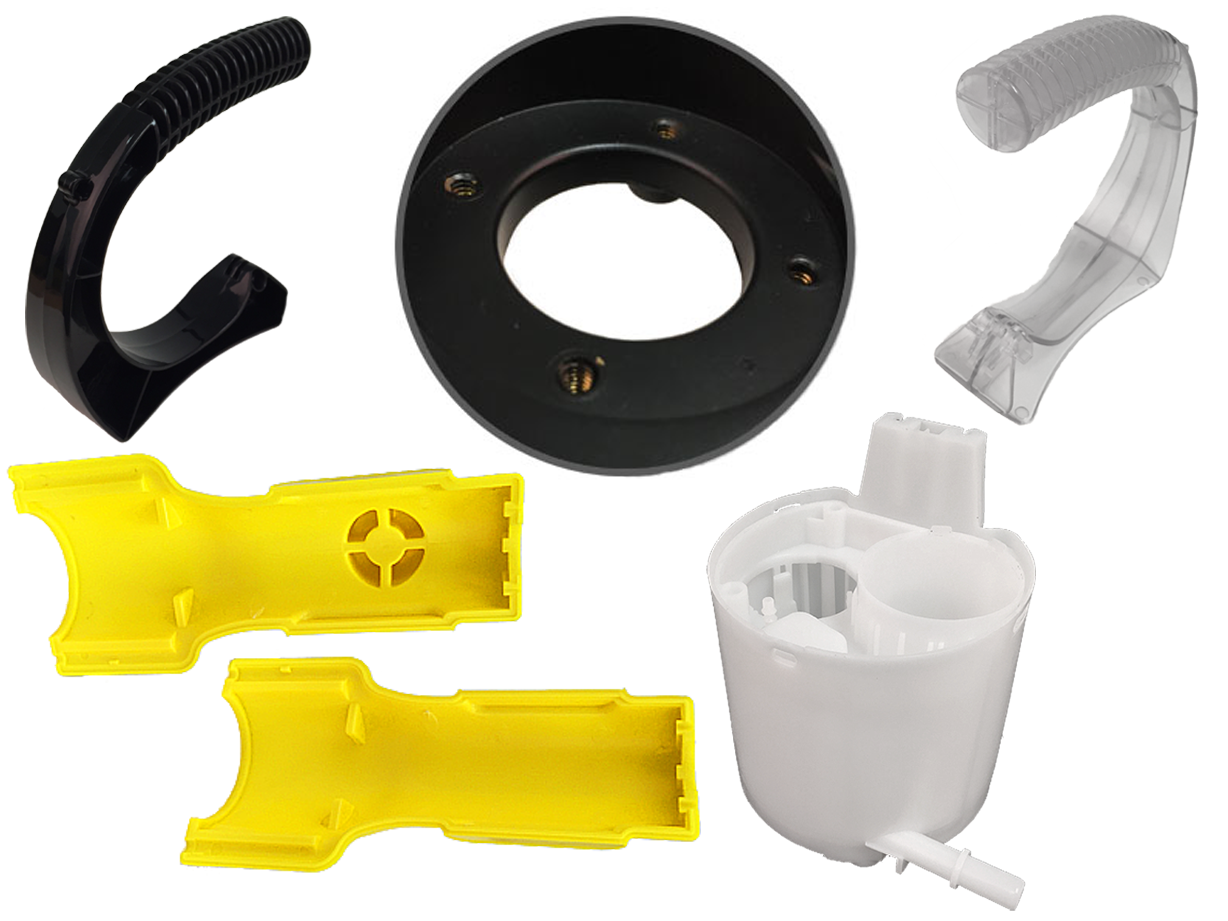 Injection Molded Plastics
Injection Molded Plastics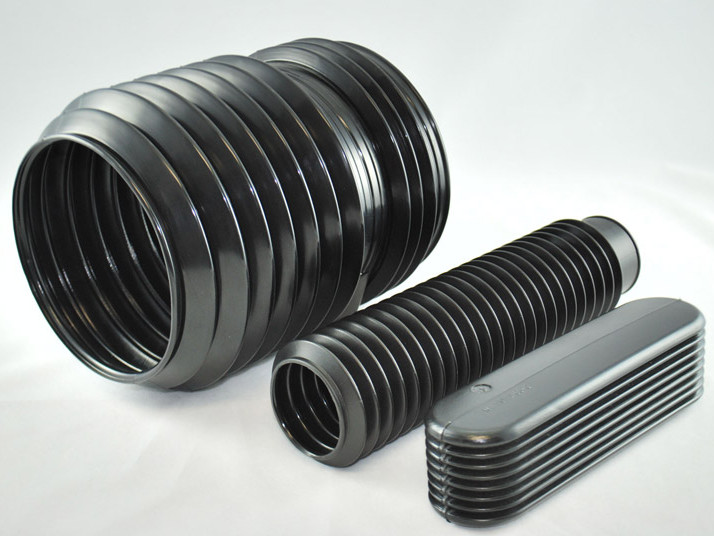 Plastic Blow Molding
Plastic Blow Molding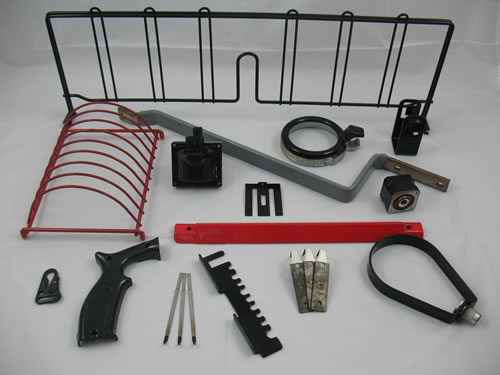 Plastic Dip Molding
Plastic Dip Molding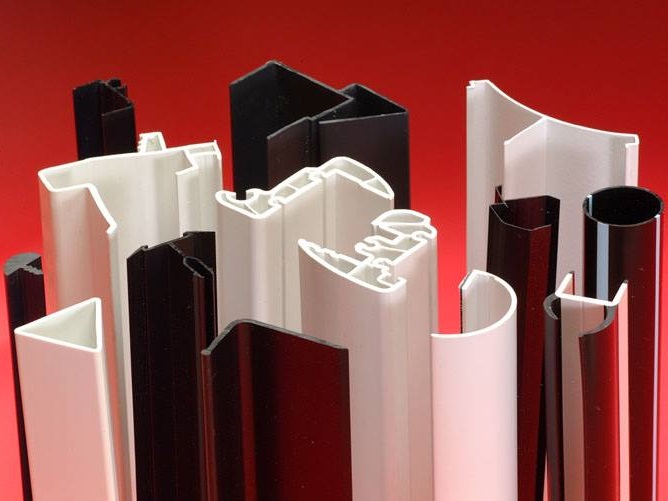 Plastic Extrusions
Plastic Extrusions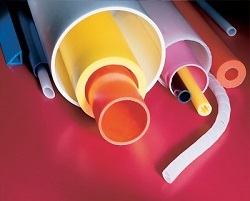 Plastic Tubing
Plastic Tubing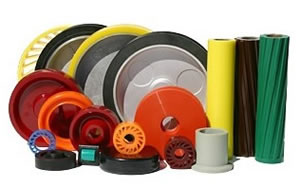 Polyurethane Molding
Polyurethane Molding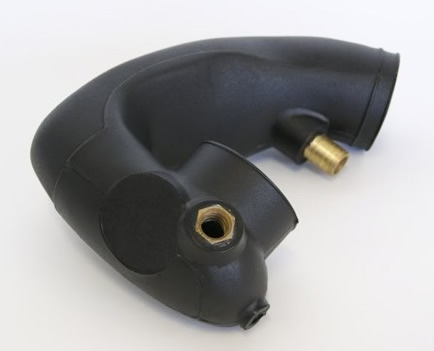 Rotational Molding
Rotational Molding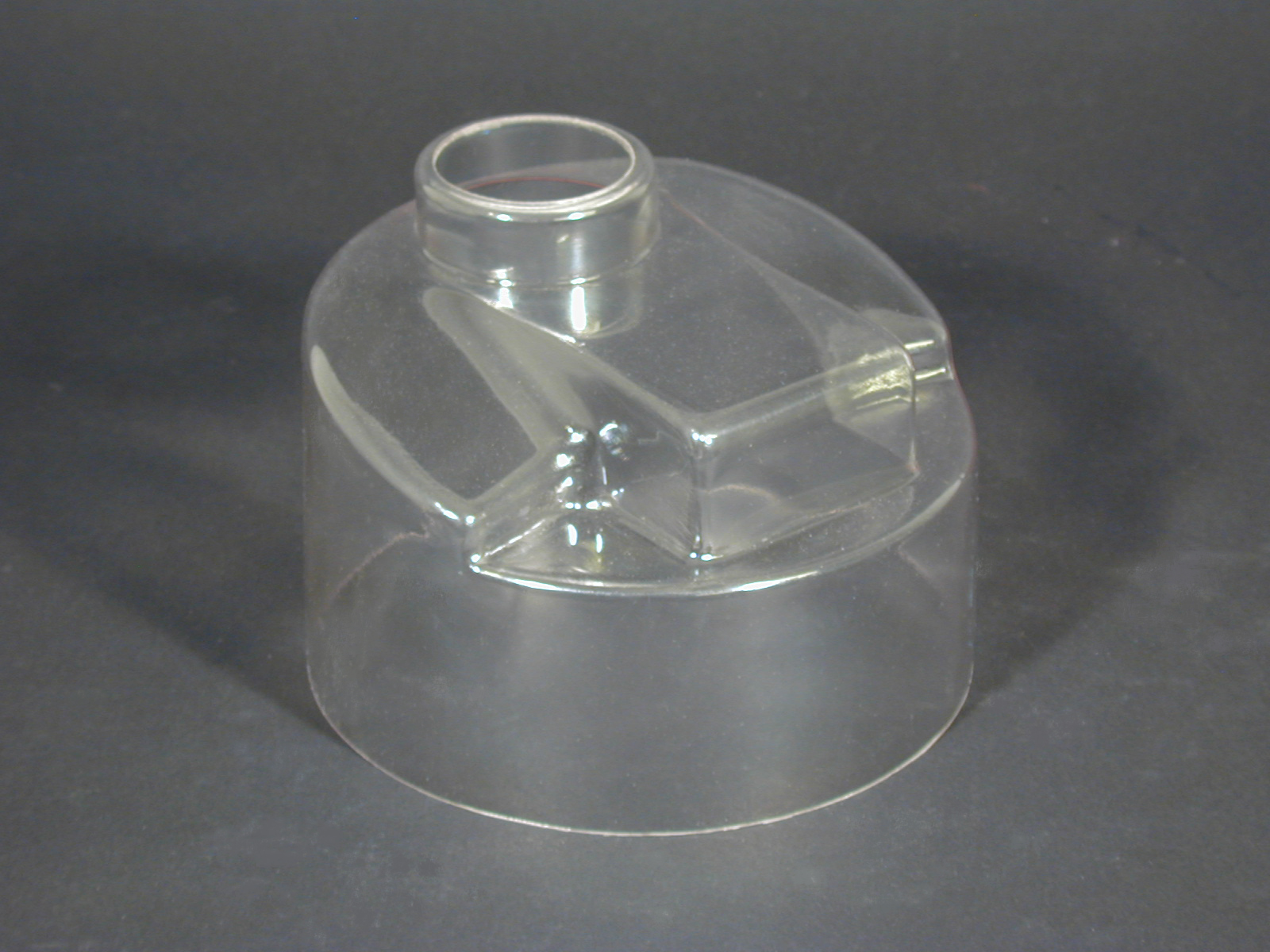 Vacuum Forming
Vacuum Forming Castings & Forgings
Castings & Forgings Bulk Material Handling
Bulk Material Handling Electrical & Electronic Components
Electrical & Electronic Components Flow Instrumentation
Flow Instrumentation Hardware
Hardware Material Handling Equipment
Material Handling Equipment Metal Cutting Services
Metal Cutting Services Metal Forming Services
Metal Forming Services Metal Suppliers
Metal Suppliers Motion Control Products
Motion Control Products Plant & Facility Equipment
Plant & Facility Equipment Plant & Facility Supplies
Plant & Facility Supplies Plastic Molding Processes
Plastic Molding Processes Pumps & Valves
Pumps & Valves Recycling Equipment
Recycling Equipment Rubber Products & Services
Rubber Products & Services